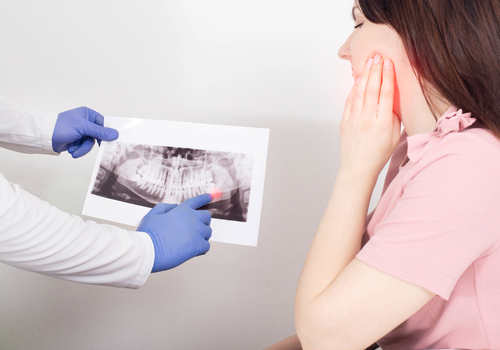Unlocking the Secrets of Periodontal Maintenance for Optimal Oral Health
Gum disease, also known as periodontal disease, is a widespread and potentially serious condition affecting the tissues surrounding and supporting your teeth. It’s crucial to understand this condition for proactive oral health management. Delve into the various stages, causes, and signs of gum disease, while also exploring effective treatment options and preventive measures.
At Buck Family Dentistry, Dr. Buck and the rest of our Creston, IA, dental team are here for you. Call 641-782-4747 to learn more.




